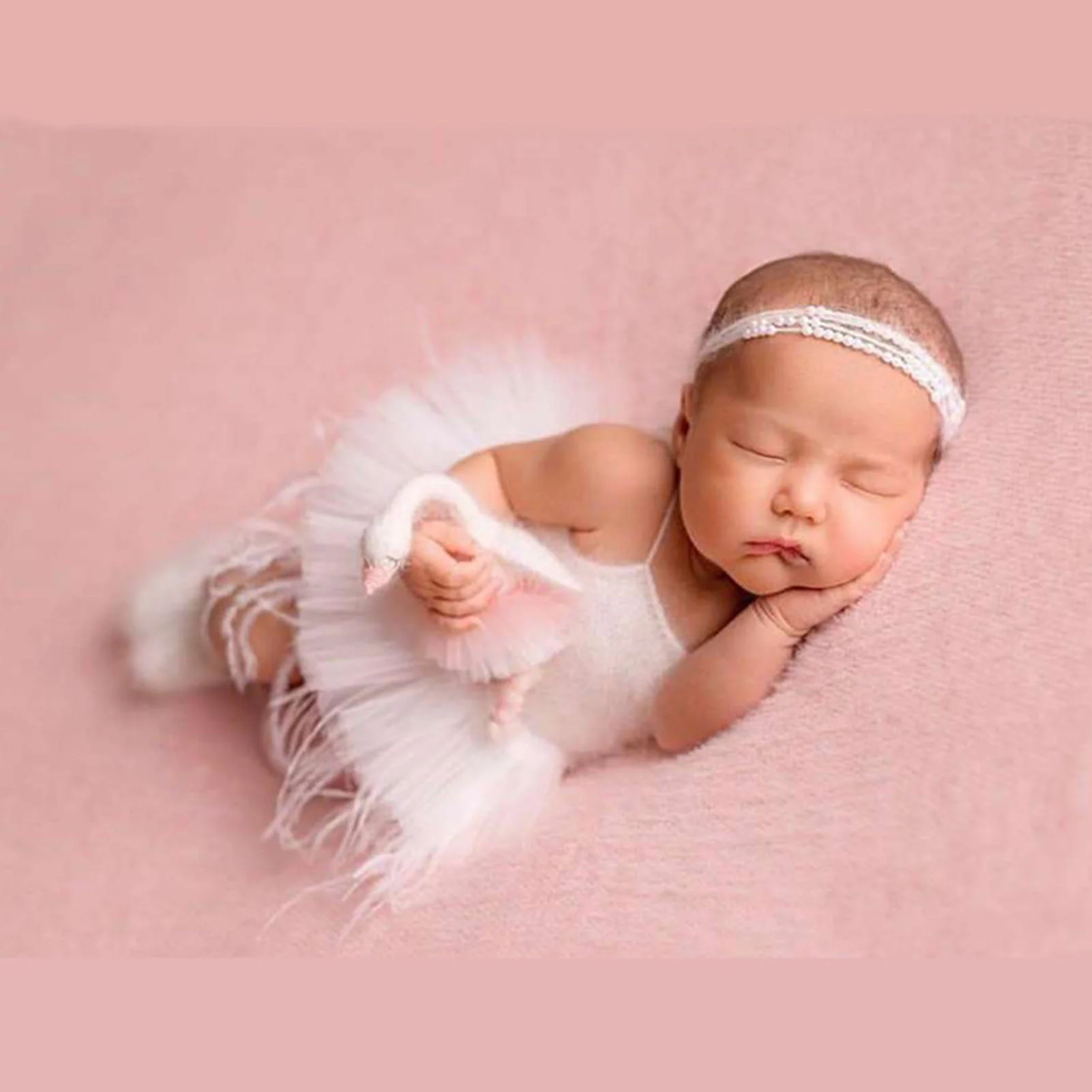Being a child therapist comes with its own set of challenges. Of course, hearing about the difficulties children face is tough, but the real challenge often hits much closer to home.
As parents, we’re all too aware of how sensitive we can be to criticism. Friends, family, and even well-meaning acquaintances love to share their opinions on our parenting choices. “Are you sure that’s the right approach?” “Shouldn’t he have another snack?” “Is that really a good idea?” Comments like these can feel like daggers, leaving me questioning my abilities as a parent and a professional. The pressure can be overwhelming, and that sense of self-doubt can feel crushing.
No one is flawless, yet if you’re a chef, there’s an expectation to whip up a fantastic meal. If you’re a child therapist, society expects you to raise perfect kids. So, as a young mother and therapist, I found myself obsessively trying to adhere to society’s definition of “good parenting,” and soon my mind was swimming with rules. Even before my child was born, I had a mental checklist that seemed to grow by the day:
- Give birth naturally or opt for an epidural?
- Breastfeed or formula feed?
- Co-sleep or establish a sleep schedule?
- Self-wean or adhere to a strict weaning process?
As my child grew, the list of dos and don’ts expanded:
- Avoid gluten, dairy, and plastic toys.
- Limit screen time, establish a bedtime routine, or embrace a more flexible approach?
- Early or late potty training?
- Praise or no praise?
- Consequences or rewards?
- And the never-ending debate: to spank or not to spank?
Then came the labels and parenting styles: attachment, free-range, permissive, helicopter—you name it. I found myself questioning, what kind of parent am I? What style do I fit into? Should I go back to school for a parenting degree?
On the other side of the therapy couch, I often hear parents criticize themselves. “She still sleeps with me, and I know that’s frowned upon.” “He watches too much TV—I should change that.” “I shouldn’t praise him too much, but…” It’s easy to get trapped in the mindset of being a “bad” parent, and I joined the club of guilt-ridden mothers.
I’d tell myself things like, “If I tell my daughter she’s beautiful, am I teaching her that’s all she’s worth?” Or, “If I give my kids iPads, am I ruining their brains?” I found myself drowning in self-doubt.
However, as time passed and I welcomed my third child, I began to rethink all those conflicting rules. I started to realize that my own childhood didn’t revolve around a checklist. My mom used to pile us into the back of a station wagon without seatbelts, and we roamed the neighborhood unsupervised until dark. Microwave dinners in front of the TV were the norm, and I sometimes went days without a shower. Honestly, I was just trying to survive—and I think I did alright.
Now, my kids get bathed more than once a week, and I even manage to cook dinner three or four times a week. That’s a win in my book!
I don’t judge parents when they visit my office; instead, I respect their beliefs and offer support. Shouldn’t I extend the same grace to myself? Shouldn’t we all cut each other some slack? When did parenting become as cutthroat as high school? I have enough on my plate with stretch marks, sleepless nights, and the daily challenge of keeping little humans alive. Consider me done with the guilt trip!
For more insights on navigating parenthood and ensuring a healthy start for your little ones, check out this excellent resource.
In conclusion, parenting is a journey filled with ups and downs, and we all need a little compassion—both for ourselves and each other.
